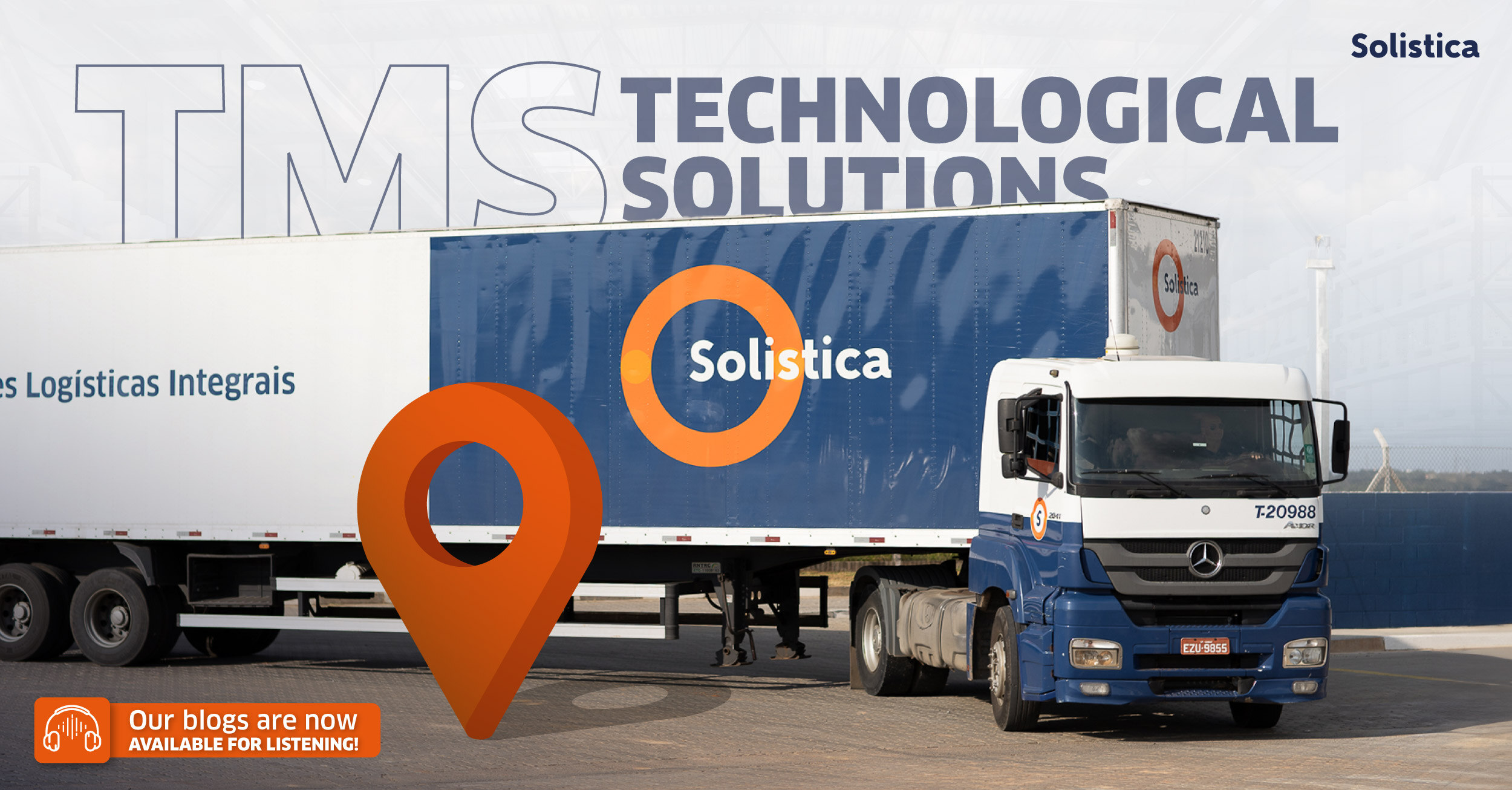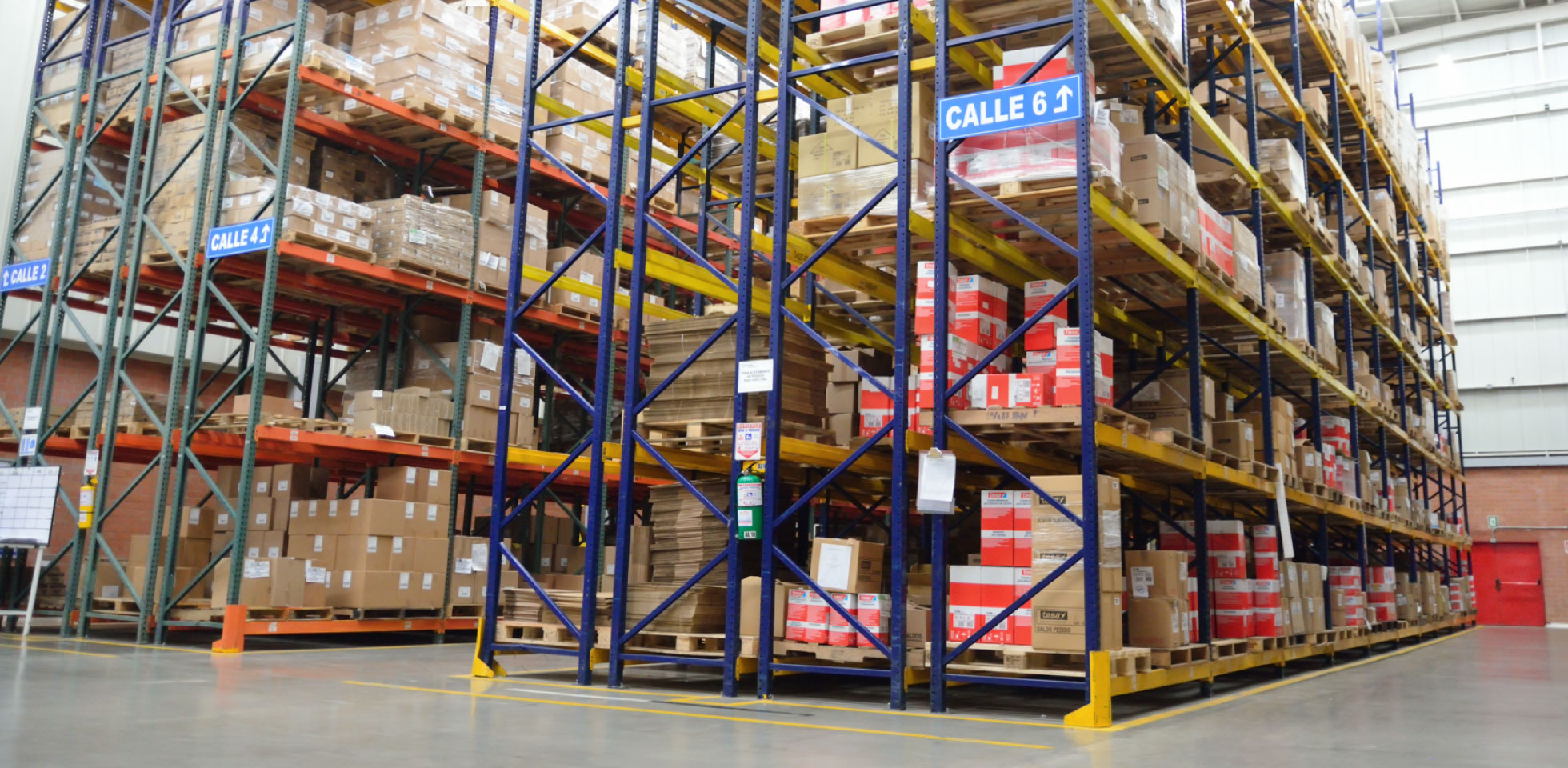For the optimal functioning of modern logistics, efficiency is the key to success. Companies are constantly looking for ways to optimize their operations, reduce costs and improve customer satisfaction. In this context, Transportation Management Systems (TMS) have emerged as a fundamental tool to achieve these goals. This article will explore the importance and impact of a TMS in enterprise logistics, providing valuable insights for its successful implementation.
What is a transportation management system (TMS)?
A Transportation Management System is a logistics platform that uses advanced technology to help companies plan, execute and optimize the physical movement of goods. As Oracle explains, a TMS provides visibility into daily transportation operations, trade regulatory information and documentation, and ensures timely delivery of cargo and goods.
These systems are an integral part of broader supply chain management, working in conjunction with other software such as Enterprise Resource Planning (ERP) systems and Warehouse Management Systems (WMS). This integration allows companies to have complete control over their logistics operations, from planning to final delivery.
The growing importance of TMS in modern logistics
In the global market, implementing a TMS has become a necessity rather than an option for many companies. According to Grand View Research, the market for these systems is expected to expand at a compound annual growth rate (CAGR) of 16.2% between 2019 and 2025. This growth reflects the growing awareness among companies of the benefits that a TMS can bring to their operations.
Key benefits of implementing a TMS
Implementing a Transportation Management System can bring numerous benefits to a company. Some of the most significant include:
- Cost reduction: A TMS allows companies to optimize their transportation routes, compare carrier rates and automate administrative processes, resulting in significant savings for both the company and the end customer.
- Real-time visibility: With real-time visibility into all aspects of the transportation process, you can make immediate data-driven decisions. This allows companies to anticipate potential problems and take corrective action proactively.
- Improved customer satisfaction: By providing faster and more accurate deliveries, a TMS can significantly improve the customer experience. In addition, the ability to provide real-time updates on the status of shipments meets the growing expectations of modern consumers.
- Supply chain optimization: A TMS enables better planning and execution of transportation operations, which in turn improves the efficiency of the entire supply chain.
- Regulatory compliance: Modern TMS systems include functionality to handle documentation and trade compliance, which is especially useful for companies operating internationally.
Key features of a modern TMS
To maximize the benefits of a TMS, it is vital to understand its key features.The key features of a modern transportation management system include:
- Transportation planning and execution: This includes route optimization, transportation mode selection, and freight management.
- Freight management: This ranges from cost calculation to freight invoicing and settlement.
- Dashboards, reports and analytics: Provide valuable insights for data-driven decision making.

The Future of TMS: Emerging Trends and Technologies
The field of Transportation Management Systems is constantly evolving, driven by technological advances and changing market demands. Some of the emerging trends and technologies in this field include:
- Artificial intelligence and machine learning: These technologies are enabling TMSs to be more predictive and proactive in route optimization and resource management.
- Internet of Things (IoT): IoT sensors are improving real-time visibility of assets in transit, enabling more accurate tracking and better cold chain management.
- Blockchain: This technology promises to improve transparency and traceability throughout the supply chain.
- Automation and robotization: From automated warehouses to autonomous vehicles, these technologies are transforming the way goods move.
TMS as a catalyst for logistics efficiency
Today, logistics efficiency can make the difference between a company's success and failure, the implementation of a Transportation Management System is a strategic necessity. A well-implemented TMS can not only reduce costs and improve operational efficiency, but can also provide a significant competitive advantage by improving customer satisfaction and adaptability in an ever-changing marketplace.
The key to maximizing the benefits of a TMS lies in a careful, strategic implementation that takes into account the specific needs of the business and aligns with its long-term goals. By taking an approach that embraces technology, processes and people, companies can unlock the full potential of their transportation management systems and position themselves for success in the age of digital logistics.
Solistica: Innovating in the future of transportation
Solistica, as a leader in logistics solutions, is at the forefront of trends that are shaping the future of transportation. The company recognizes that the future of transportation is marked by data collection and analysis, electric and autonomous systems, robotization and automation of processes, and collaboration between companies in the industry to meet the goal of driving customer satisfaction at the lowest cost.
To stay ahead of the curve, Solistica focuses on:
- Establish strategic relationships with manufacturers and retailers to ensure an excellent customer experience.
- Offer value-added services beyond traditional transportation and distribution.
- Consider building smaller, regional warehouses to get closer to end customers and facilitate quick deliveries.
- Prepare to meet year-round demand by adapting to market fluctuations.
- Diversify delivery options to meet changing customer needs.
- Maintain an omnichannel delivery strategy that efficiently combines deliveries to physical stores and online orders.
- Provide full shipment visibility using technologies such as IoT and blockchain.
With this innovative approach, Solistica is preparing for the future of transportation, and in turn is helping to shape it, always with the goal of maximizing logistics efficiency and customer satisfaction.
At Solistica, we are experts in the implementation of Transportation Management Systems tailored to the specific needs of each company. Don't wait any longer to optimize your operations and improve customer satisfaction. Contact us today and find out how we can help you maximize your logistics efficiency with a customized TMS.






